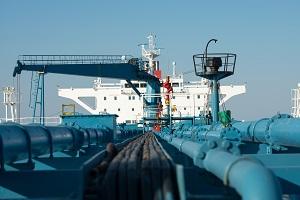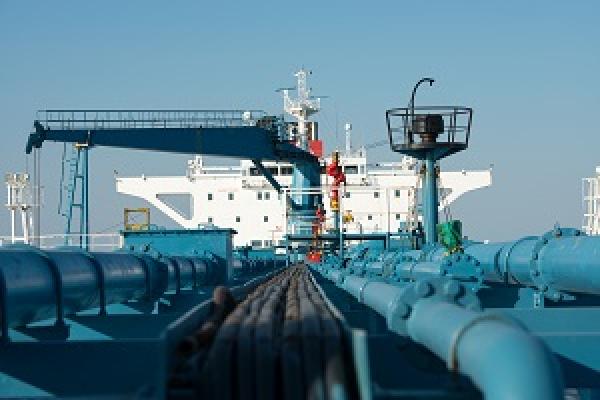
Steamship Mutual
Published: June 28, 2018

The English High Court has decided that a shipowner can rely on the one-year time bar contained in the Hague Rules, where incorporated into a bill of lading, to defeat a claim for wrongful misdelivery of the cargo without production of that bill of lading.
Events
The tanker “Alhani” (the "Vessel") loaded 4,844.901 tonnes of bunker fuel, of which some 499 tonnes was to be used as fuel for the vessel, and the balance was to be carried as cargo. A bill of lading was issued, which contained a clause paramount which had the effect of incorporating the Hague Rules into the bill of lading contract, and which incorporated the terms of a charterparty which was subject to the exclusive jurisdiction of the English High Court.
In compliance with charterers’ orders the “Alhani” discharged and delivered the cargo, without production of the bill of lading, by ship-to-ship transfer off West Africa, on 18 November 2011. Shippers, Monjasa A/S, did not receive payment for the cargo, and in April 2012 they arrested the vessel in Tunisia and brought proceedings before the Tunisian courts. In January 2017, Monjasa arrested the vessel again, in France, and commenced proceedings there. In February 2017 shipowners commenced proceedings at the High Court in London, seeking a declaration of non-liability. Monjasa then presented their claim for damages, in contract, bailment and conversion, in London.
Whether The Claim Was Time-Barred
David Foxton QC, sitting as a Deputy Judge in the High Court held that the one year time-bar at Article III rule 6 of the Hague Rules applied in this case, and that Monjasa’s claim was time-barred. He considered that:
- The words of Article III Rule 6, that “In any event the carrier and the ship shall be discharged from all liability in respect of loss or damage unless suit is brought within one year after delivery of the goods or the date on when the goods should have been delivered” are wide enough to encompass this situation. Earlier Court of Appeal decisions had held that the words “in any event” in this Rule should be given their natural meaning which was unlimited in scope.
- Monjasa argued that the carrier had other obligations towards the cargo owner in addition to those set out on the Hague Rules, and that the Hague Rules time-bar should only apply to claims for breaches of the Hague Rules obligations: a claim in tort should not be caught by the Hague Rules time-bar. The judge considered that if this was the case then any cargo claimant might seek to avoid the limitations and defences available to a carrier under the Hague Rules by presenting a cargo claim in tort, instead of in contract under the terms of the bill of lading. He held that any claim which was capable of being presented in contract under the terms of the Hague Rules would be subject to the Hague Rules time-bar, and he considered that a claim for misdelivery, where the misdelivery occurred during the Hague Rules period of responsibility, was such a claim.
- The judge considered that there was no English legal precedent, and no settled understanding, that Article III Rule 6 does not apply to misdelivery claims.
Whether Commencement Of Proceedings in Tunisia Protected Time
The Judge reviewed the current status of English law on this point. He considered that the commencement of proceedings in a foreign court, in breach of an exclusive jurisdiction clause which agrees English law, will not normally protect time in accordance with the Hague Rules, although there might be some exceptions to this.
Comment
While we wait to see if the case is appealed to a higher court, this decision might be welcomed by shipowners, as it sets a limit on the time for a misdelivery claim against a shipowner. While the bill of lading was subject to the Hague Rules in this case, the same arguments should apply in the case of the Hague-Visby Rules.
It should be noted that the Hague or Hague-Visby time bar might not protect a carrier where the misdelivery takes place outside of the Hague or Hague-Visby Rules period of responsibility. See our article on the "MSC Amsterdam" for a case where it was decided that the delivery of a cargo, from a container terminal after the ship had discharged it, was outside of the Hague Rules period of responsibility.
We add our customary warning that delivery of cargo without production of a bill of lading prejudices the Members P&I cover.


